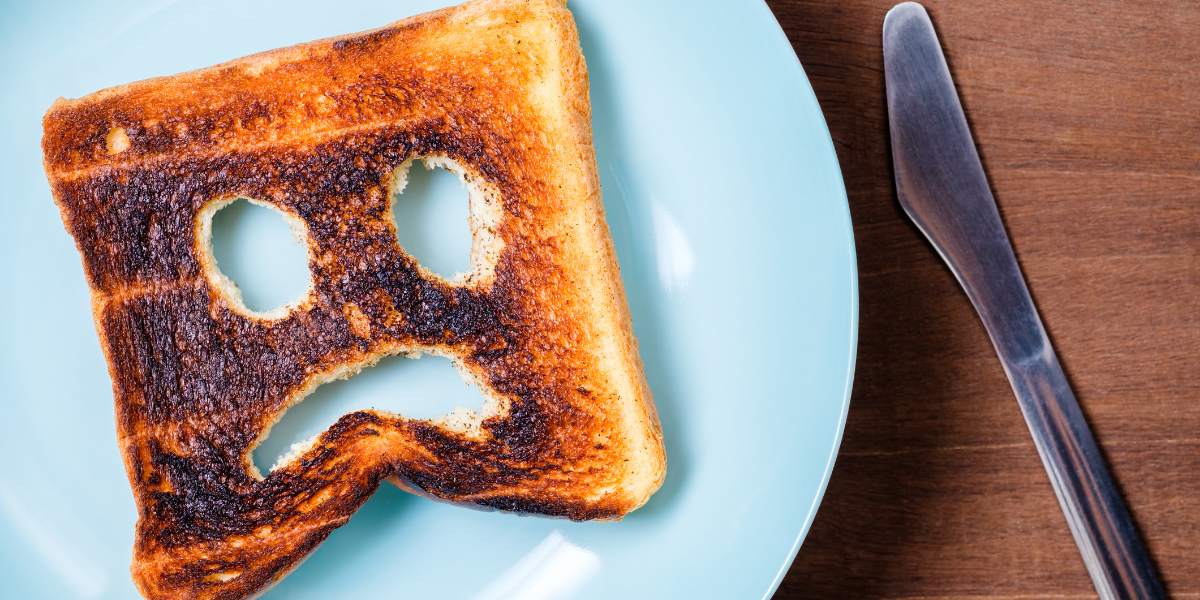People with type 2 diabetes who reduce the amount of carbohydrates they eat for breakfast could see improvements in their blood glucose levels, new research has found.
The study, led by the University of British Columbia, found that replacing a breakfast made up of toast, fruit or oatmeal with food high in fat and protein, like eggs and bacon, could help people with the condition better manage their blood glucose levels for the remainder of the day.
In addition, the research showed that those who had a low-carb breakfast also ate fewer carbs and consumed fewer calories during the rest of the day. This may suggest that a fat and protein-rich breakfast has a role to play in daily eating behaviours.
Dr Barbara Oliveira said: “We’re not talking about a complete diet overhaul. One of many complications for people living with type 2 diabetes is rapid or large increases in blood glucose levels after a meal. Our research indicates a low-carbohydrate meal, first thing in the morning, seems to help control blood sugar throughout the day.
“Treatment strategies that can help lower post-meal glucose swings and rapid changes in glucose are crucial to managing this condition. We’ve determined that if the first meal of the day is low-carb and higher in protein and fat we can limit hyperglycaemic swings.”
Maintaining stable blood glucose levels helps to reduce the risk of complications associated with type 2 diabetes, including inflammation and cardiovascular disease, which is the biggest cause of death in those with the condition.
While a low-carb diet is known to be beneficial for people with type 2 diabetes, sticking to it long term can be challenging.
This led to Dr Oliveira, along with Dr Jonathan Little, investigating whether making changes to just the first meal of the day would bring benefits to blood glucose control.
They enrolled 121 people onto a 12-week study, splitting them into two groups. One group ate low-carb breakfasts containing around 8g of carbohydrate, 25g of protein and 37g of fat. The other group were given a selection of low-fat higher-carb choices, containing about 56g of carbohydrates, 20g of protein and 15g of fat.
Breakfast options across both groups contained the same amount of calories.
Participants used a continuous glucose monitoring device and had A1C blood tests, before and after the study period, to measure average blood glucose levels.
- Man puts type 2 diabetes into remission 23 years since diagnosis
- Low carb diet to combat type 2 diabetes and obesity
While there was little difference in weight or BMI between the two groups at the end of the 12 weeks, a reduction in blood glucose levels was seen in the low-carb breakfast group.
Some of these participants were even able to reduce their medication to lower their glucose. Glycaemic variability also reduced in the low-carb group.
Dr Oliveira said: “Having fewer carbs for breakfast not only aligns better with how people with type 2 diabetes handle glucose throughout the day, but it also has incredible potential for people with type 2 diabetes who struggle with their glucose levels in the morning.
“By making a small adjustment to the carb content of a single meal rather than the entire diet, we have the potential to increase adherence significantly while still obtaining significant benefits.”
Read the study in The American Journal of Clinical Nutrition.






